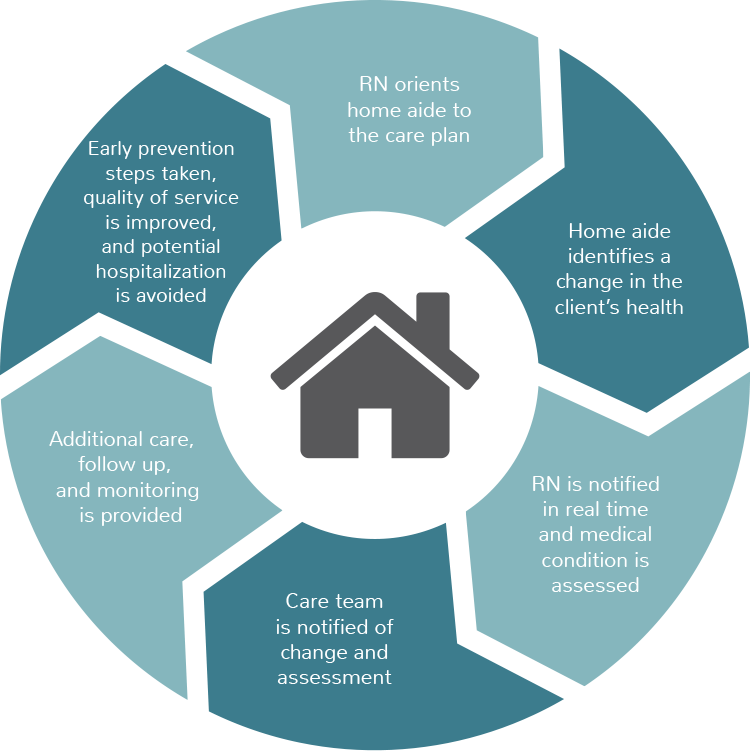Posted
From caregivers to physicians, and personal care aides to case managers, communication and care coordination is a vital component in today’s healthcare system. Care coordination is identified by the Institute of Medicine as a key strategy that has the potential to improve the effectiveness, safety, and efficiency of the American healthcare system. Although the idea of care coordination is simple, it is not always implemented by healthcare providers. In order to properly coordinate care, the care team must understand the patient’s needs and preferences, and communicate them to the right people at the right time. If this goal can be achieved then safe, appropriate, and more effective care can be delivered.
It is important that the care team is involved in every aspect of their care. They must advocate for them, if necessary, when attending appointments or hospital visits. They should be prepared to ask questions, obtaining as much information as possible about their recent diagnosis, upcoming surgery, test results, medication schedule, etc. It is key that these details are then passed along to everyone involved in the delivery of care.
As a home care agency, it is our mission to not only be involved in the care coordination of our patients, but seek to improve it. We have recently connected with a health information exchange program called HealthyConnections, which allows us to receive pertinent patient information from other providers in real time, such as medical records and discharge notes. We also provide Medical Alert Systems to our patients, which notifies our RNs and case managers in real time if a patient has an emergency, what the emergency was, and if hospitalization was required. With this information we are able to promptly investigate the situation, and find ways to prevent the emergency or admission. Below is an illustration of how we demonstrate care coordination within our home care agency:

